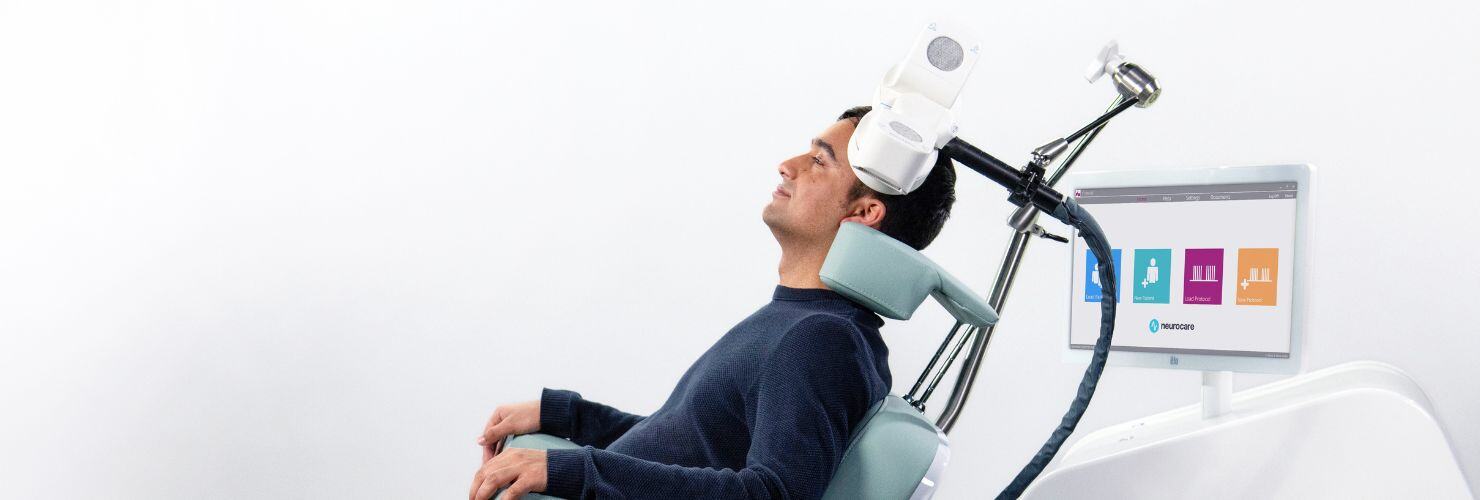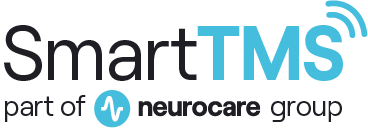Treating insomnia with TMS - the evidence
Can Transcranial Magnetic Stimulation (TMS) treat insomnia? Discover the increasing research and evidence indicating TMS may benefit those with primary chronic insomnia.

TMS treatment for primary chronic insomnia
To diagnose primary chronic insomnia, patients must experience:
- Difficulty falling asleep
- Difficulty staying asleep
Primary chronic insomnia does not include conditions like narcolepsy, sleepwalking, or issues with adjusting to a regular sleep-wake cycle.
Most insomnia cases are linked to other conditions like depression or anxiety. However, primary chronic insomnia stands alone and is not caused by depression, anxiety, or drug use. It is recognized as a distinct condition in the DSM-IV (Diagnostic and Statistical Manual of Mental Disorders).
The most common treatments for primary chronic insomnia are sedatives or antidepressants. However, there's limited evidence supporting their long-term effectiveness and safety. These medications mainly address symptoms, and insomnia often returns once the medication is stopped.
Behavioural therapies can help improve poor sleep habits by reducing stimulation and promoting relaxation at bedtime. These therapies are beneficial for those who have trouble falling asleep, though they may not be as effective for maintaining quality sleep throughout the night. Cognitive Behavioural Therapy (CBT) has been shown to deliver better results than antidepressants in both achieving and sustaining sleep.
Study results
TMS to treat Primary Chronic Insomnia
In 2013, 120 patients with primary chronic insomnia were divided into three groups for treatment.
- Group one were given low frequency TMS for two weeks;
- Group two were given medication (Benzodiazepine) for two weeks;
- Group three were given psychotherapy (CBT) for two weeks.
TMS results
-
TMS boosted average sleep time by 25% and was most effective in enhancing REM sleep, a crucial phase for brain development and learning.
-
TMS treatment also helped lower stress levels to normal.
-
Transcranial magnetic stimulation sustained sleep improvements more effectively than medication and psychotherapy, with no side effects reported in the test group.
What’s the verdict – can TMS treat chronic primary insomnia?
Chronic primary insomnia can often be misdiagnosed, so it's crucial to consult a doctor experienced in this field. We suggest starting with standard treatments, and if those don't work for you, consider trying TMS as an alternative.
It's essential to be well-informed before making a decision. Our patient advisors are here to discuss the evidence with you and help determine the best option for your needs.
Contact our team about TMS treatment
Not sure if TMS is right for you?






